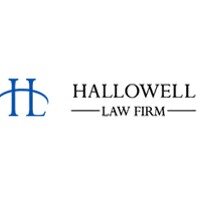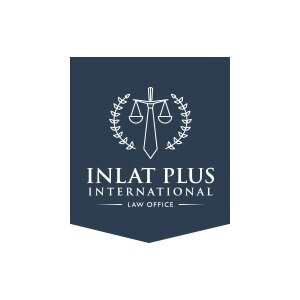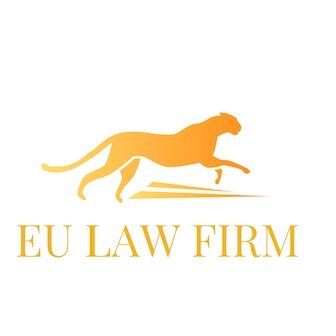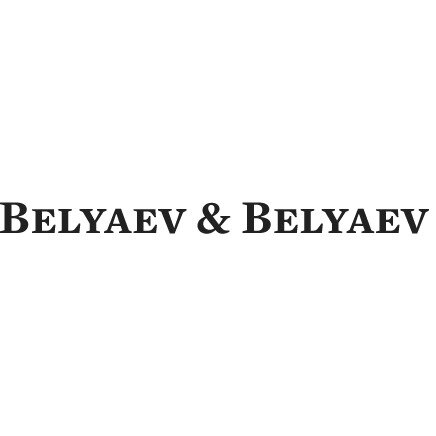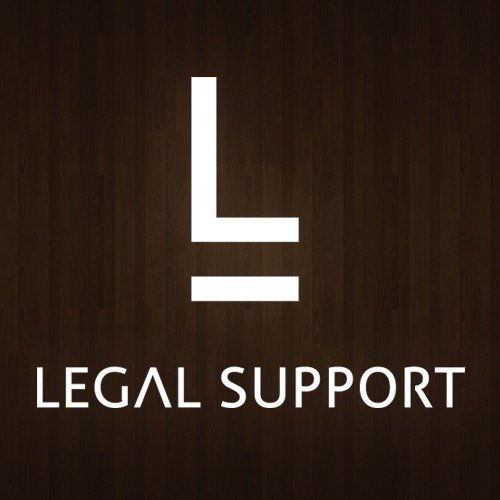Best Antitrust Litigation Lawyers in Riga
Share your needs with us, get contacted by law firms.
Free. Takes 2 min.
List of the best lawyers in Riga, Latvia
About Antitrust Litigation Law in Riga, Latvia
Antitrust litigation in Riga, Latvia is governed by a combination of national and European Union regulations intended to maintain fair competition in the marketplace. These laws prohibit anti-competitive agreements, abuse of dominant market positions, and coordinated practices that harm consumer interests or restrain trade. Riga, being the capital and largest city, serves as a central hub for business activity, making it one of the principal areas where antitrust cases arise. The Competition Council (Konkurences padome) is the main authority enforcing antitrust rules, but private parties can also bring matters before the courts if they are affected by unfair practices.
Why You May Need a Lawyer
Legal guidance is crucial when dealing with antitrust issues in Riga for several reasons. You may require a lawyer if your company is being investigated by the Competition Council, if you are accused of price fixing or market sharing, or if your business is considering a merger or acquisition that could potentially restrict competition. Businesses and individuals who believe they have been harmed by the anti-competitive actions of others may also need a lawyer to pursue damages or seek a court order stopping unlawful conduct. Given the complexity of both Latvian and European Union competition rules, experienced legal counsel can help navigate investigations, defend your interests, represent you in court, and assist in compliance efforts to avoid potential fines or reputational harm.
Local Laws Overview
Antitrust litigation in Riga is primarily governed by the Competition Law of the Republic of Latvia, which aligns with broader European Union competition regulations. Key provisions include:
- Prohibition of Agreements Restricting Competition: Cartels, price fixing, and other collusive behavior are strictly forbidden.
- Abuse of Dominant Position: Companies holding a significant share of the market must not exploit their position to the detriment of competition or consumers. Common abuses include predatory pricing, unfair trading conditions, or refusal to supply.
- Merger Control: Certain mergers and acquisitions must be notified to the Competition Council before they are completed, to assess potential impacts on the market.
- Private Enforcement: Individuals and businesses harmed by anti-competitive conduct have the right to seek damages through the courts.
- Investigation and Sanctions: The Competition Council can investigate suspected breaches, conduct dawn raids, and impose significant fines for infringements.
Businesses must also consider EU regulations, as many local markets are intertwined with activities in other member states. Compliance is not only a matter of national law but also of adherence to EU-wide standards.
Frequently Asked Questions
What is antitrust litigation?
Antitrust litigation refers to legal proceedings involving allegations of anti-competitive practices, such as price fixing, cartel agreements, or abuse of a dominant market position, which violate competition laws.
Who enforces antitrust laws in Riga?
The Latvian Competition Council (Konkurences padome) is primarily responsible for the enforcement of antitrust laws in Riga, while courts handle private lawsuits related to competition law violations.
What types of practices are considered anti-competitive?
Examples include price fixing, bid rigging, market division, abusive practices by dominant firms (such as unfair pricing or exclusionary tactics), and illegal merger agreements that harm market competition.
Can individuals as well as businesses face antitrust actions?
Yes, both businesses and individuals (such as directors or managers) can be investigated for violating competition law and may be subject to fines and liability.
What penalties can result from breaching antitrust laws?
Penalties may include significant fines (up to 10 percent of the turnover), damages claims brought by affected parties, and reputational damage. In serious cases, decision-makers may be barred from holding managerial roles.
Do mergers always require regulatory approval?
Not all mergers require approval, but transactions meeting certain thresholds related to turnover or market share must be notified and cleared by the Competition Council before completion.
How long does an antitrust investigation take?
The duration varies depending on the complexity of the case, ranging from several months to more than a year for serious investigations or litigation.
Can my company be investigated for activities outside Latvia?
Yes, if your company’s actions impact the Latvian market or the broader European Union, authorities can investigate cross-border anti-competitive practices.
How can a lawyer help during an investigation?
A lawyer can safeguard your rights, help you respond to inquiries, represent you before authorities, ensure proper conduct during dawn raids, and develop defense strategies if needed.
Is there a way to avoid antitrust violations?
Yes, implementing compliance programs, training staff, conducting regular audits, and seeking legal advice before entering into agreements can help prevent violations of competition law.
Additional Resources
If you need further information or support regarding antitrust litigation in Riga, the following resources may be useful:
- Competition Council of Latvia (Konkurences padome): The central authority for competition law enforcement and guidance.
- The Latvian Ministry of Justice: Oversees the legal framework and court procedures relevant to antitrust cases.
- European Commission Directorate-General for Competition: Offers resources relevant for cases with a cross-border or EU-wide impact.
- Latvia Chamber of Commerce and Industry: Provides education and guidance for businesses on compliance with competition rules.
- Legal Aid Providers and Law Firms in Riga: Many specialize in competition law and can provide tailored advice or representation.
Next Steps
If you suspect you are involved in a matter related to antitrust law or need legal assistance in Riga, start by gathering all relevant documentation and information regarding your situation, such as contracts, correspondence, and any notices from authorities. Consult an experienced competition lawyer as soon as possible to assess your position and receive professional advice. If you are under investigation, respond promptly to any official inquiries and beware of potential deadlines. For businesses, consider implementing training and compliance programs to mitigate risk. Whether you need defense against allegations or want to enforce your rights as a victim, acting swiftly and with proper legal support will offer the best chance of achieving a favorable outcome.
Lawzana helps you find the best lawyers and law firms in Riga through a curated and pre-screened list of qualified legal professionals. Our platform offers rankings and detailed profiles of attorneys and law firms, allowing you to compare based on practice areas, including Antitrust Litigation, experience, and client feedback.
Each profile includes a description of the firm's areas of practice, client reviews, team members and partners, year of establishment, spoken languages, office locations, contact information, social media presence, and any published articles or resources. Most firms on our platform speak English and are experienced in both local and international legal matters.
Get a quote from top-rated law firms in Riga, Latvia — quickly, securely, and without unnecessary hassle.
Disclaimer:
The information provided on this page is for general informational purposes only and does not constitute legal advice. While we strive to ensure the accuracy and relevance of the content, legal information may change over time, and interpretations of the law can vary. You should always consult with a qualified legal professional for advice specific to your situation.
We disclaim all liability for actions taken or not taken based on the content of this page. If you believe any information is incorrect or outdated, please contact us, and we will review and update it where appropriate.



